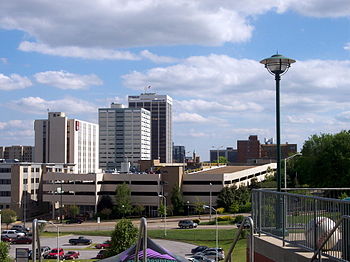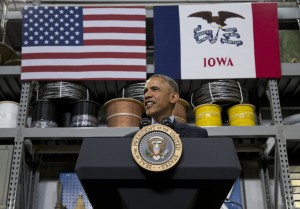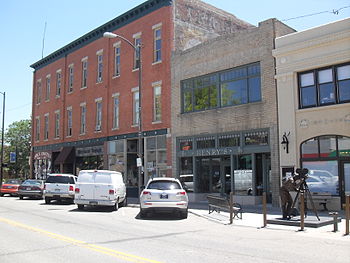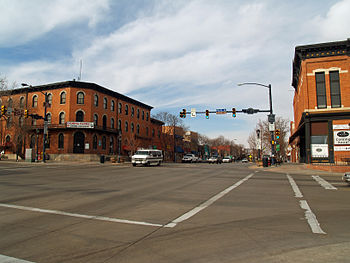Mary Schultz
When it comes to municipal broadband successes, Chattanooga, Tenn., may not be the best example to cite in support of allowing the Federal Communications Commission (FCC) to preempt state laws that ban or restrict competition from community broadband, according to a recent report published by the Phoenix Center. Chief economist George S. Ford, who authored the report, says this perspective, which has been touted by FCC Chairman Tom Wheeler and the White House, does not account for Chattanooga’s unique circumstances.
Ford says the Chattanooga experience is not easily replicated elsewhere. Chattanooga‘s broadband system is constructed and maintained by the city’s municipal electric utility, which benefitted from $229 million in revenue bonds and a $50 million construction loan. Only 14 percent of Americans are served by government-owned electric utilities, usually present in rural markets where there are very high network deployment costs. Continue reading








![capitoldomenight[1]](https://inphotonicsresearch.com/wp-content/uploads/2015/01/capitoldomenight1.jpg)

